Open neuroscience
Recent articles
Sharing Africa’s brain data: Q&A with Amadi Ihunwo
These data are “virtually mandatory” to advance neuroscience, says Ihunwo, a co-investigator of the Brain Research International Data Governance & Exchange (BRIDGE) initiative, which seeks to develop a global framework for sharing, using and protecting neuroscience data.
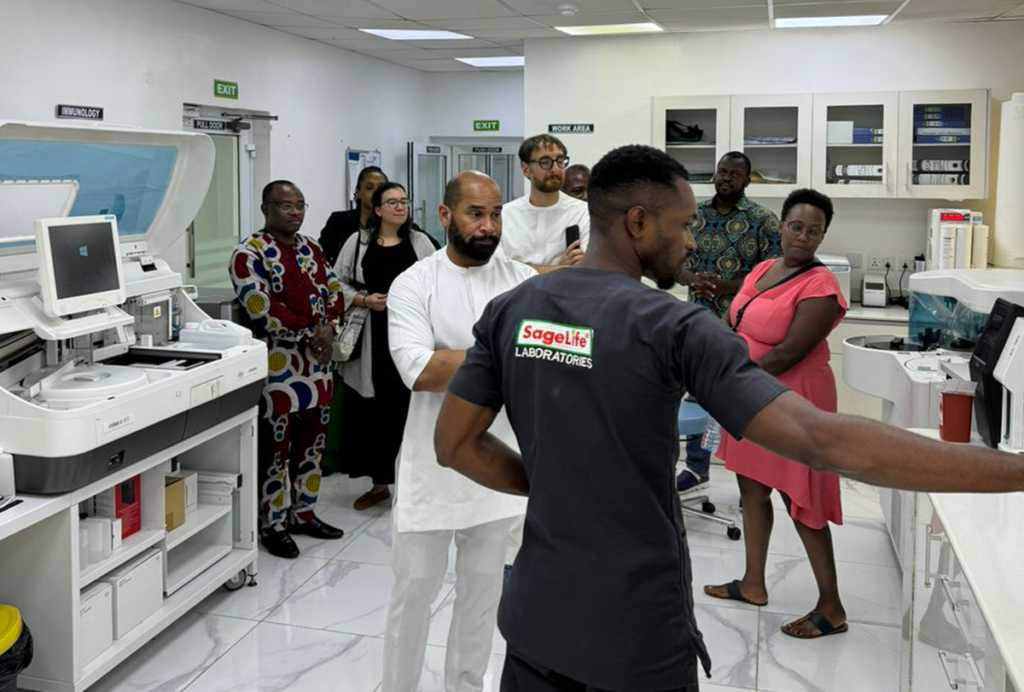
Sharing Africa’s brain data: Q&A with Amadi Ihunwo
These data are “virtually mandatory” to advance neuroscience, says Ihunwo, a co-investigator of the Brain Research International Data Governance & Exchange (BRIDGE) initiative, which seeks to develop a global framework for sharing, using and protecting neuroscience data.
To make a meaningful contribution to neuroscience, fMRI must break out of its silo
We need to develop research programs that link phenomena across levels, from genes and molecules to cells, circuits, networks and behavior.
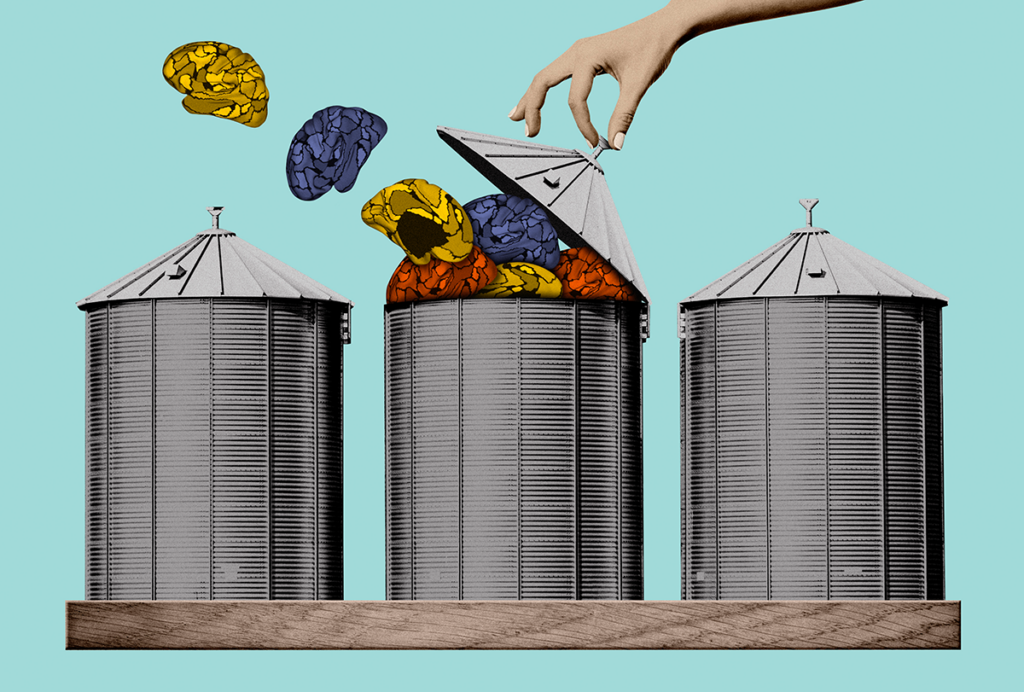
To make a meaningful contribution to neuroscience, fMRI must break out of its silo
We need to develop research programs that link phenomena across levels, from genes and molecules to cells, circuits, networks and behavior.
Accepting “the bitter lesson” and embracing the brain’s complexity
To gain insight into complex neural data, we must move toward a data-driven regime, training large models on vast amounts of information. We asked nine experts on computational neuroscience and neural data analysis to weigh in.
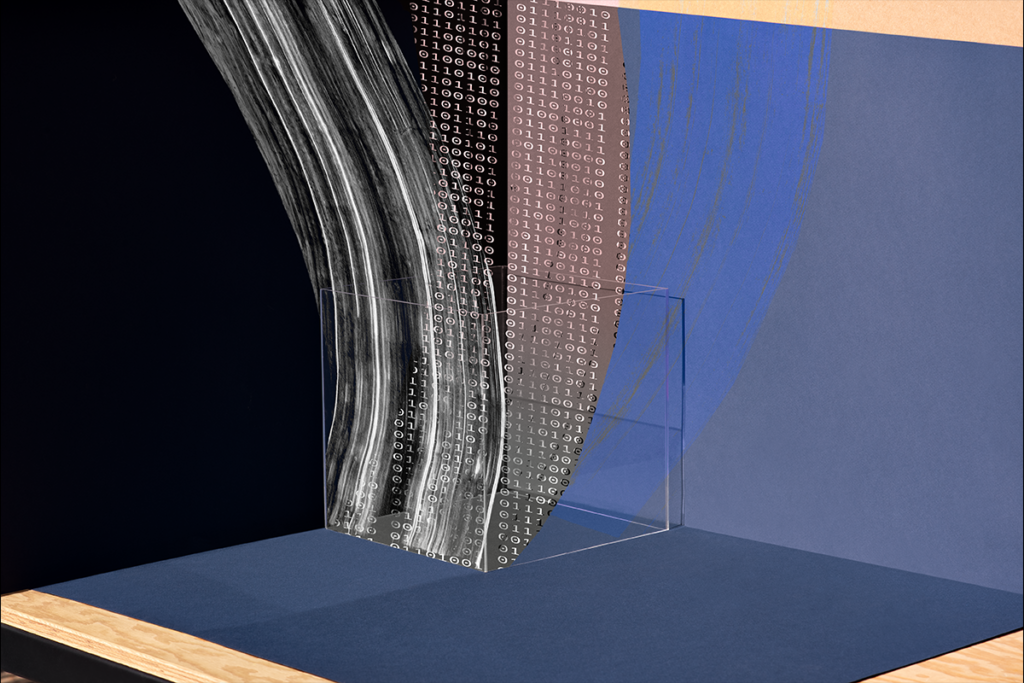
Accepting “the bitter lesson” and embracing the brain’s complexity
To gain insight into complex neural data, we must move toward a data-driven regime, training large models on vast amounts of information. We asked nine experts on computational neuroscience and neural data analysis to weigh in.
Learning scientific rigor: Q&A with Konrad Kording and Hao Ye
The developers of a new open-access curriculum to teach rigor discuss confirmation bias and other common errors in scientific thinking, plus ways to avoid these missteps.

Learning scientific rigor: Q&A with Konrad Kording and Hao Ye
The developers of a new open-access curriculum to teach rigor discuss confirmation bias and other common errors in scientific thinking, plus ways to avoid these missteps.
Science must step away from nationally managed infrastructure
Scientific data and independence are at risk. We need to work with community-driven services and university libraries to create new multi-country organizations that are resilient to political interference.
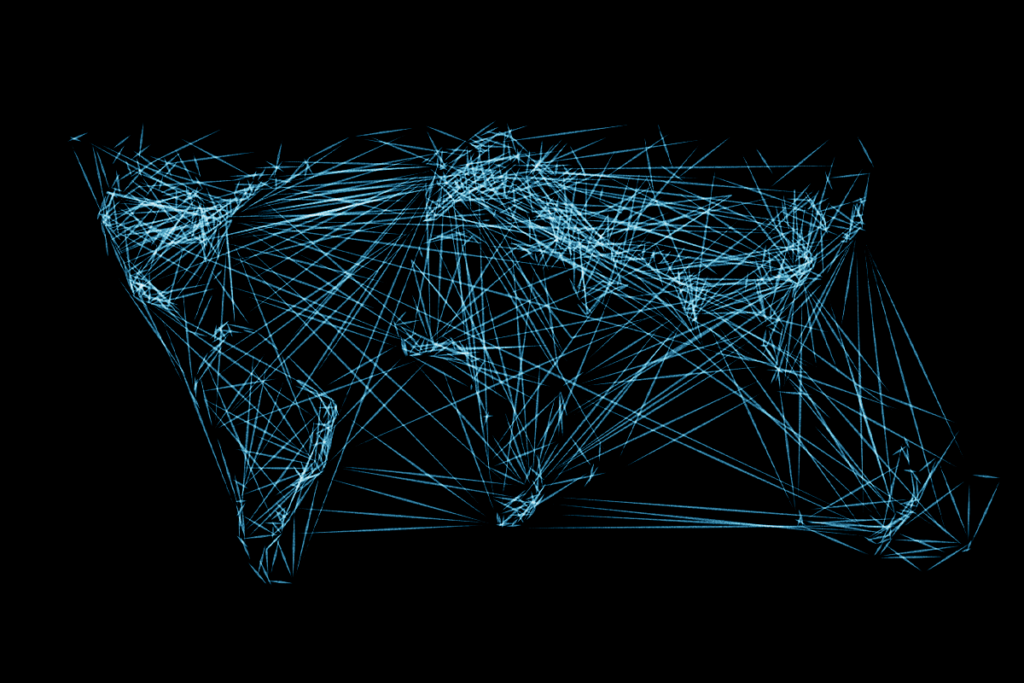
Science must step away from nationally managed infrastructure
Scientific data and independence are at risk. We need to work with community-driven services and university libraries to create new multi-country organizations that are resilient to political interference.
Dose, scan, repeat: Tracking the neurological effects of oral contraceptives
We know little about how the brain responds to oral contraceptives, despite their widespread use. I am committed to changing that: I scanned my brain 75 times over the course of a year and plan to make my data openly available.
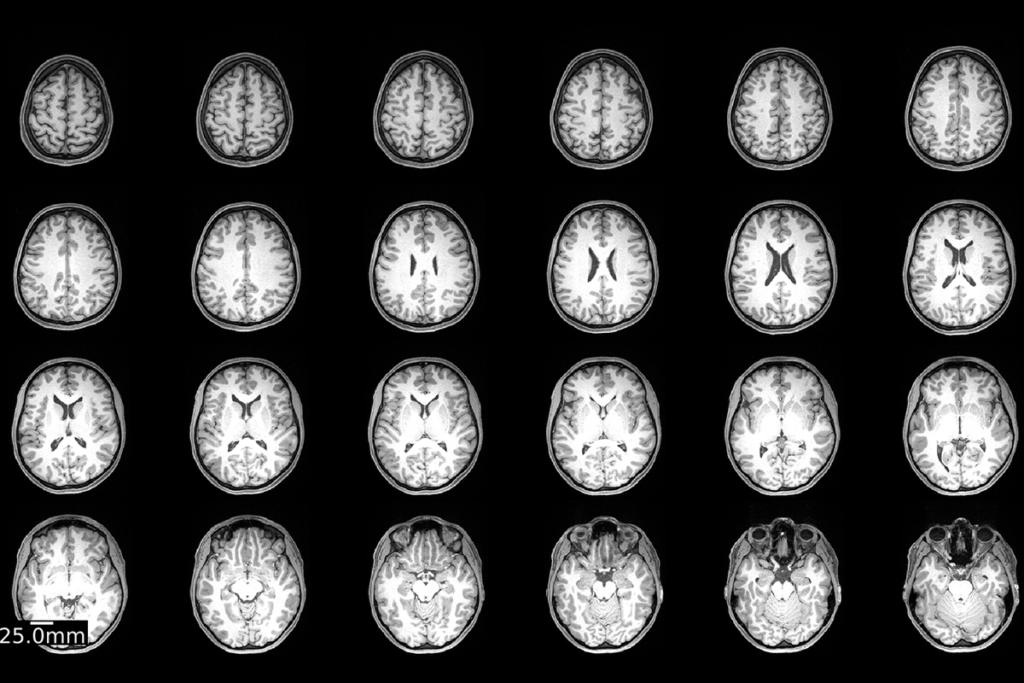
Dose, scan, repeat: Tracking the neurological effects of oral contraceptives
We know little about how the brain responds to oral contraceptives, despite their widespread use. I am committed to changing that: I scanned my brain 75 times over the course of a year and plan to make my data openly available.
Say what? The Transmitter’s top quotes of 2024
“We’ve cured mouse-heimer’s thousands of times...”—find out who said this to a Transmitter reporter, and read our other favorite quotes from the past year.

Say what? The Transmitter’s top quotes of 2024
“We’ve cured mouse-heimer’s thousands of times...”—find out who said this to a Transmitter reporter, and read our other favorite quotes from the past year.
Open-access neuroscience comes to the classroom: Q&A with Liz Kirby
Neuroscience textbooks can be prohibitively expensive for some undergraduate students. A new open-access alternative seeks to change that.

Open-access neuroscience comes to the classroom: Q&A with Liz Kirby
Neuroscience textbooks can be prohibitively expensive for some undergraduate students. A new open-access alternative seeks to change that.
To keep or not to keep: Neurophysiology’s data dilemma
An exponential growth in data size presents neuroscientists with a significant challenge: Should we be keeping all raw data or focusing on processed datasets? I asked experimentalists and theorists for their thoughts.

To keep or not to keep: Neurophysiology’s data dilemma
An exponential growth in data size presents neuroscientists with a significant challenge: Should we be keeping all raw data or focusing on processed datasets? I asked experimentalists and theorists for their thoughts.
The S-index Challenge: Develop a metric to quantify data-sharing success
The NIH-sponsored effort aims to help incentivize scientists to share data. But many barriers to the widespread adoption of useful data-sharing remain.
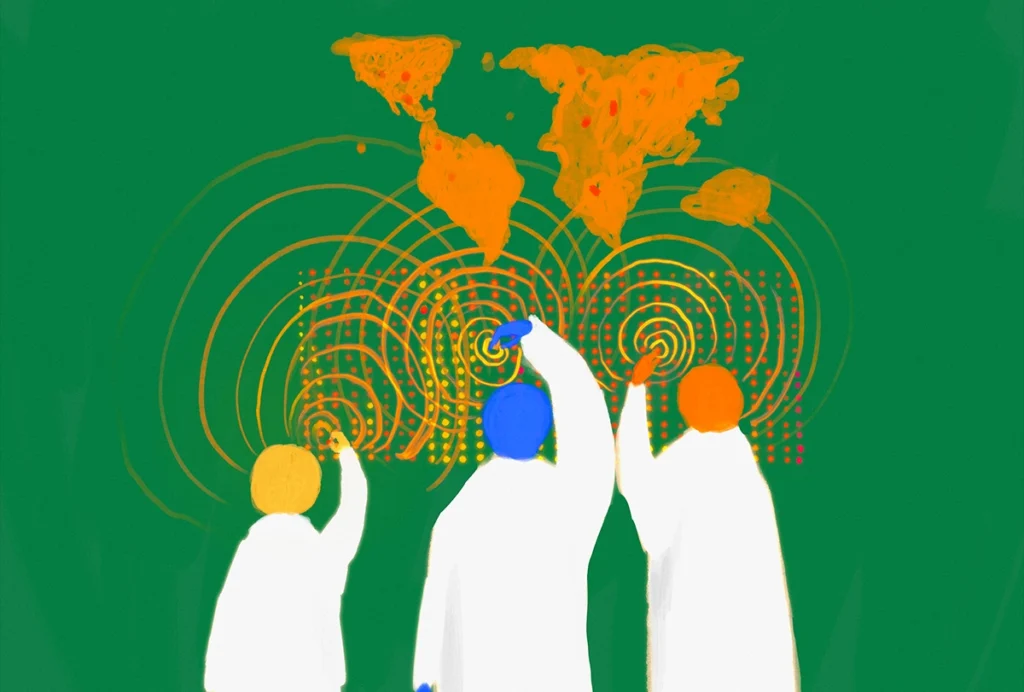
The S-index Challenge: Develop a metric to quantify data-sharing success
The NIH-sponsored effort aims to help incentivize scientists to share data. But many barriers to the widespread adoption of useful data-sharing remain.
Explore more from The Transmitter
Machine learning spots neural progenitors in adult human brains
But the finding has not settled the long-standing debate over the existence and extent of neurogenesis during adulthood, says Yale University neuroscientist Juan Arellano.

Machine learning spots neural progenitors in adult human brains
But the finding has not settled the long-standing debate over the existence and extent of neurogenesis during adulthood, says Yale University neuroscientist Juan Arellano.
Xiao-Jing Wang outlines the future of theoretical neuroscience
Wang discusses why he decided the time was right for a new theoretical neuroscience textbook and how bifurcation is a key missing concept in neuroscience explanations.
Xiao-Jing Wang outlines the future of theoretical neuroscience
Wang discusses why he decided the time was right for a new theoretical neuroscience textbook and how bifurcation is a key missing concept in neuroscience explanations.
Memory study sparks debate over statistical methods
Critics of a 2024 Nature paper suggest the authors failed to address the risk of false-positive findings. The authors argue more rigorous methods can result in missed leads.

Memory study sparks debate over statistical methods
Critics of a 2024 Nature paper suggest the authors failed to address the risk of false-positive findings. The authors argue more rigorous methods can result in missed leads.